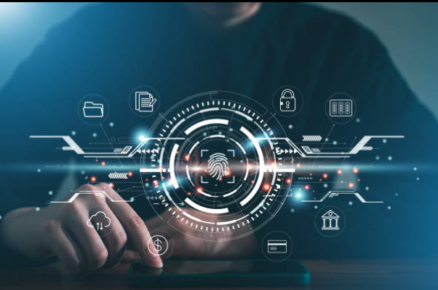
Today’s world moves fast. Modern consumers expect to obtain their needs through simple touch-or-click interactions. Modern life requires customer service methods that avoid holding customers on the phone or forcing them to complete lengthy forms. Organizations that grasp this trend are transforming their customer service delivery methods. The implementation of self-service options by businesses is transforming every aspect of customer service.
Self-service solutions do not expect customers to handle everything independently. Customers gain increased autonomy through these services. The practice demonstrates that organizations value their customers’ time while believing in their problem-solving capabilities.
Why Customers Prefer to Help Themselves
Most people like feeling independent. Customers experience satisfaction when they resolve their problems independently without needing assistance. It feels quick. It feels easy. There is no awkward conversation. Customers do not need to repeat their problems multiple times. Customers avoid waiting for staff members to enter data into computer systems.
Self-service options give customers freedom. Customers can access help services both during nighttime hours and during their busy lunchtime. Customers need not dedicate an entire hour to their wait for assistance. The system transforms complicated situations into straightforward ones.
Ease of access plays a crucial role in this process. Customers can avoid traveling across town by using basic online portals or user-friendly applications. The system helps customers avoid waiting on hold. Through these options, customers can avoid both waiting time and becoming angry.
Self-Service Creates Happier Employees
The benefits of self-service go beyond the customers. Employees also win. When customers handle simple tasks on their own, staff members are free to address more complex issues. They have more time to offer real help when it is truly needed. This reduces stress, boosts morale, and allows employees to be more effective.
It also means that when a customer finally does reach out, it is usually for something important. These are the moments where a well-trained employee can really shine. They can give the customer their full attention. They can offer real solutions, not rushed answers.
The Right Tools Make a Difference
Not every self-service option is created equal. Customers will not stick around for a system that is confusing or slow. They want tools that are easy to locate and use. A good online account system is one way to offer that. Quick password resets, clear billing information, and service updates should be available with just a click.
Another strong tool is an automated phone system, especially when designed with the customer in mind. A utility ivr customer service system, for example, can intelligently guide a caller to perform tasks like paying a bill, reporting an outage, or checking their balance without needing a live agent. This makes phone interactions as efficient and user-friendly as online services.
Chatbots and mobile apps are also rising stars. A well-designed chatbot can answer common questions in seconds. A helpful app can provide customers with access to everything they need, eliminating the need to switch between websites or make phone calls.
Building Trust Through Self-Service
There is an important piece to all of this: trust. Customers need to trust that the self-service option will work. They need to trust that their payment will be processed successfully. They need to believe that the answer they find will be the right one.
Building this trust takes time and careful planning. Companies need to test their systems. They need to ask for feedback. They need to fix issues fast when something goes wrong. Communication also matters. Customers should always know what to expect. If a payment takes a day to process, tell them. If there is a known outage, post about it.
Honesty and reliability are essential components of self-service. If a customer’s first few experiences are smooth, they are more likely to return. They will recommend the company to others. They will become loyal.
Conclusion
Companies that keep this in mind will continue to lead the way. They will create experiences that are both simple and memorable. They will turn everyday customers into loyal fans. Self-service is more than a tool. It is a promise. A promise that customers will always have the power to choose how they get help. And that promise, when kept, makes all the difference. Read more






